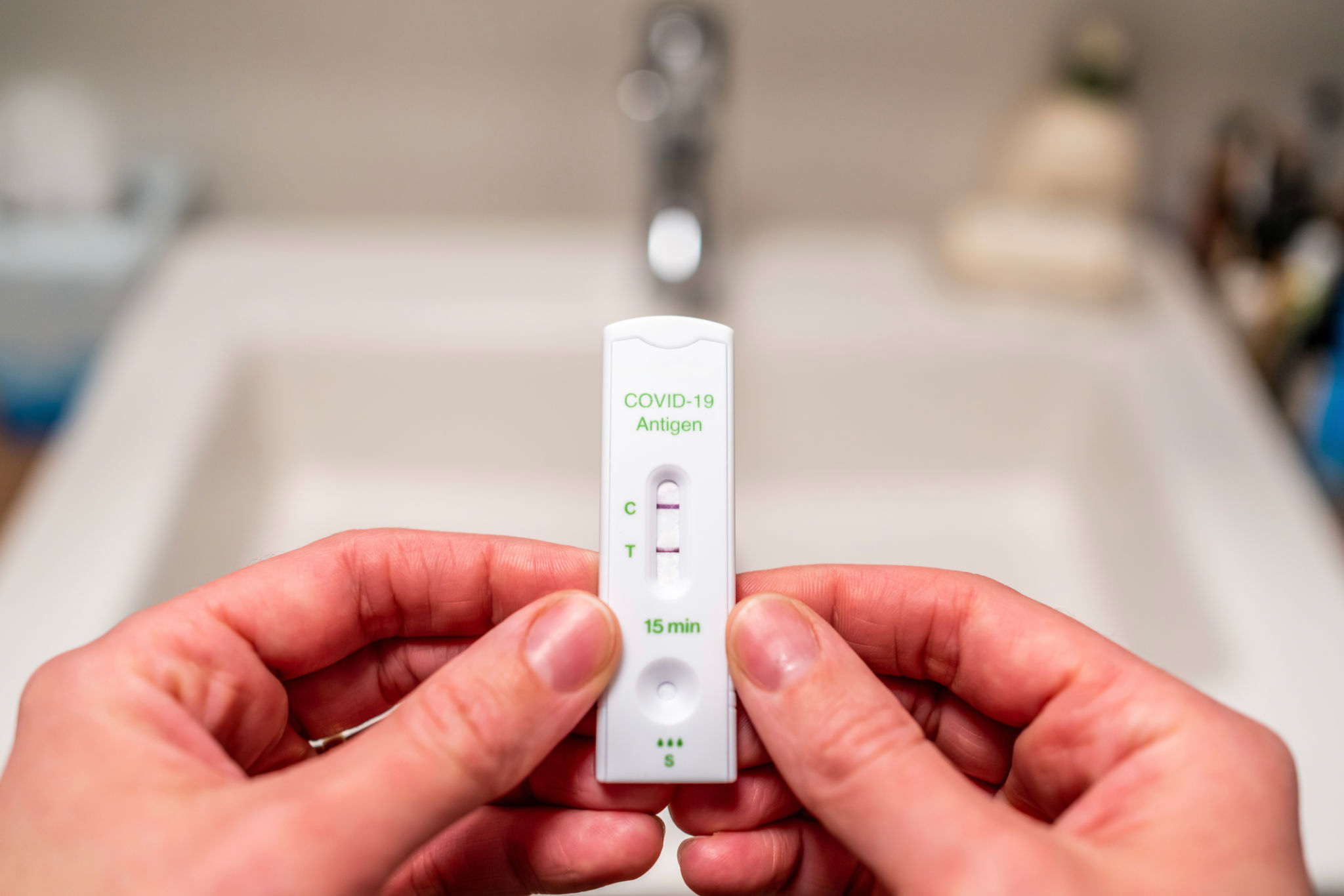In-Home Diagnostic Tests: What to Expect During Your First Appointment
Introduction to In-Home Diagnostic Tests
In-home diagnostic tests are revolutionizing the way healthcare is delivered, providing convenience and accessibility to patients who may have difficulty traveling to a clinic. Whether you're looking to monitor chronic conditions, check for infections, or simply gain peace of mind, these tests offer a seamless experience in the comfort of your own home. If you’re preparing for your first appointment, here’s what you can expect.
Scheduling Your Appointment
The process begins with scheduling your appointment. Many providers offer online booking systems where you can select a time that suits your schedule. You’ll likely need to provide some basic information about your health history and the reason for your test. This helps the healthcare professional tailor the visit to your specific needs.

Preparing for the Visit
Before the healthcare professional arrives, you might receive instructions on how to prepare for the test. This could include fasting if blood work is involved or avoiding certain medications. It’s important to follow these guidelines closely to ensure accurate results. Gather any necessary documentation, such as previous medical records or a list of current medications.
The Day of the Appointment
On the day of your appointment, expect a healthcare professional to arrive at your doorstep with all the necessary equipment. They will likely be wearing personal protective equipment (PPE) to ensure both your safety and theirs. This is especially important during ongoing health concerns like COVID-19.

Conducting the Test
The healthcare professional will guide you through the testing process. Depending on the type of test, this could involve collecting blood samples, swabs, or other biological materials. They will explain each step and answer any questions you might have, ensuring that you’re comfortable throughout the process.
After the Test
Once the test is complete, the healthcare professional will package and transport the samples to a laboratory for analysis. You will be informed of when and how you’ll receive your results, which is typically through an online portal or a direct call from your healthcare provider. Be sure to ask about next steps depending on the outcomes of your test.

Benefits of In-Home Diagnostic Tests
In-home diagnostic tests offer numerous benefits beyond convenience. They reduce exposure to other patients in clinical settings, which is particularly advantageous during flu season or pandemics. Additionally, they allow patients with mobility issues or busy schedules to maintain their health without disruption.
Potential Challenges
While these tests offer many advantages, there are some potential challenges to be aware of. For example, not all types of diagnostic tests can be performed at home, and insurance coverage varies by provider and test type. It’s crucial to verify these details before scheduling your appointment.
Conclusion
In-home diagnostic tests are an excellent option for many patients seeking convenient and comprehensive care. Understanding what to expect during your first appointment can help alleviate any anxiety and ensure a smooth experience. By preparing adequately and communicating with your healthcare provider, you can take full advantage of this innovative approach to healthcare.

